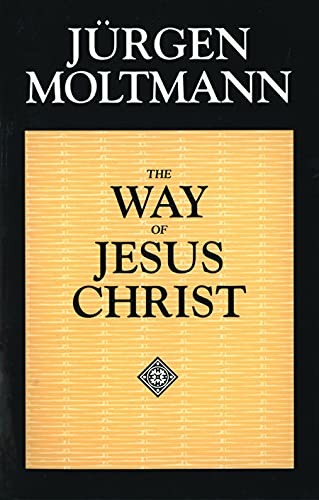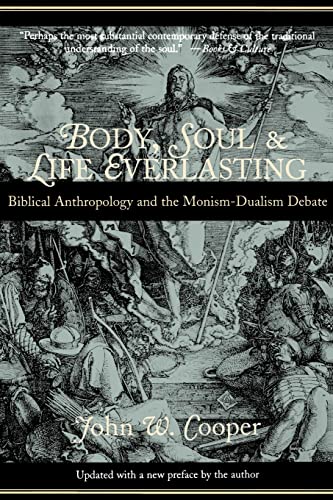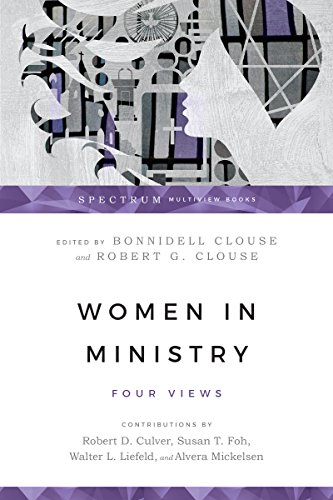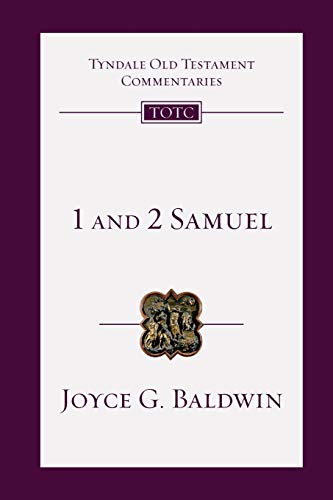The Prayers of David (Psalms 51–72)
Written by Michael Goulder Reviewed By Walter RiggansGoulder, the Reader in Biblical Studies at the University of Birmingham, has produced a second volume in his series of studies of the text of the Psalter. The present deals with the t‘pillot of David, this being found as a rubric after Psalm 72 (v. 20). Goulder accepts the interpretation which sees this title as referring only to Psalms 51–72. Although Psalm 72 carries a superscription with respect to Solomon, he sees this as delineating the end of David’s reign as king, and so germane to the life of David. Goulder is known for his bold approach to scriptural issues, and this book proves to be no exception. He himself states that it will probably prove ‘scandalous’ (p. 9).
So what is his thesis? Namely this, that the ‘Prayers of David’ were indeed written for David, in his own lifetime, and that they cover, serially, the last years of his life, from the death of Uriah (Ps. 51) to the coronation of Solomon (Ps. 72). He insists that this thesis is not a return to the pre-modern days of Psalms study, but rather the result of careful, unbiased examination of the text. What is more, he makes a point of stressing that the various notes supplied as part of the text of the Psalter (technical, topographical, musical) are ‘integral and indispensable’ to a proper understanding of the text.
Goulder maintains that within the so-called succession narrative there is a particular ‘document’ which he calls the ‘Passion of David’, being an account of his trials in the last years of his life. This story became the ‘myth’ which was recited by later kings at Israel’s autumnal festival, specifically at the time of penitence for the sins of the past year (p. 47). The psalms in question he relates to liturgical procession around the named sites of the narrative. Goulder’s presentation certainly glistens, but is it gold?
Walter Riggans
General Director of Churches’ Ministry among the Jews (CMJ) based in St Albans







